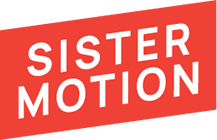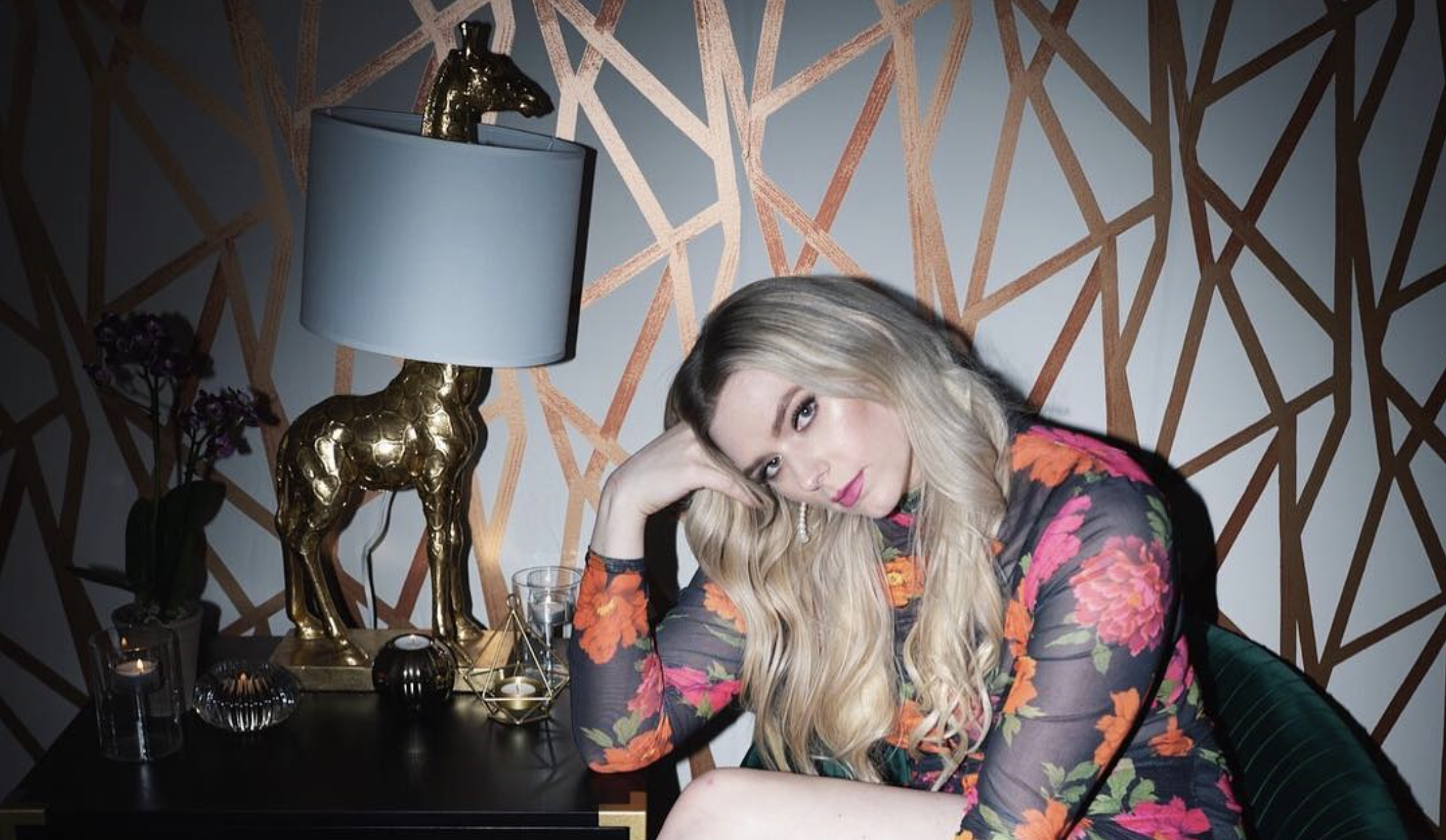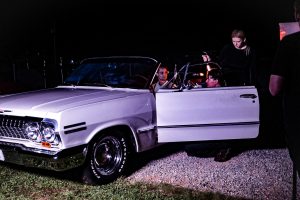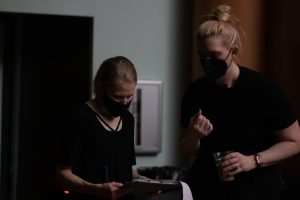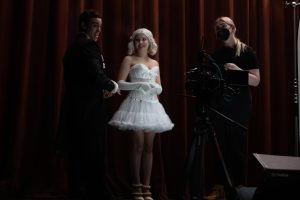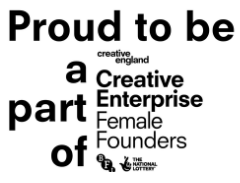Writer, director and producer Whitney Wolanin has been working since she was a teenager, which helps to explain how someone so young has had time to become an award-winning songwriter and recording artist, finish university, perform improv comedy and gain a Le Cordon Bleu diploma. Sister Motion demanded to discover how she gets it all done.
“I still don’t know that many women directors – and I am actively seeking them out! It’s been a challenge. It’s pretty nuts! Of course we exist, but I run into and discover more male directors. And I’ve never been hired to produce on a project with a woman director.”
Where are you from and where are you based now?
I was born in Albany in upstate New York and grew up on Sanibel Island in southwest Florida. Now I split my time between Nashville and Florida. I work in Nashville about 80% of the time but also have a lot of travel shoots – LA or a little town in Vermont or New York City or wherever!
How did you first get into filmmaking?
I started working at a pretty young age – my first career was as a singer/songwriter when I was a teenager, and technically I guess I made my first film when I was 13. I loved photography, made little movies and wrote scripts as a hobby, but continued to work as a recording artist. I produced my own music videos and then graduated to directing out of necessity when I had a disagreement with my director. “Director” is such a grand title and I’d never met a director that was a woman, so I just hadn’t even considered it. But it was really fun! Then later on in my early 20s I was still doing music and touring, but slowly falling out of love with that lifestyle, so I started taking more jobs in film. It kept going and going and going.
There’s a bit of a shroud of mystery around how music videos get made. Can you break down that part of the industry for us, such as how they’re commissioned and the scale of the budgets?
The basic structure is that the record label or independent artist or manager reaches out to the production company or director and asks for a treatment in response to a brief. A brief states info like song, artist name, budget, label and anything specific the artist is looking for. I much prefer to have a call or meeting with the artist before I create a treatment, but sometimes it isn’t possible. The scale of budgets is absolutely all over the place. Some of them from 10K to mid six figures.
For anyone trying to crack into making music videos as a career, would it be true to say that most people get started by working for lots of recording artists for free?
There is definitely a culture of working for cheap to get started. I directed music videos for a small fee for a couple friends who are incredibly talented recording artists when I was first getting started, but I viewed it as practice and as specs to showcase my work. I don’t think you have to “work for free” but I do think that you need to hone your craft so you’re ready for the larger budgets and higher creative asks down the line. Art should never be free.
We often hear that musical performers are kind of a species of their own. Do you have any funny on-set stories that you can share?
I’ve been lucky to have super lovely recording artists I’ve worked with so I really can’t say there’s been anything too wild –although maybe it’s because I was a recording artist so I might be one of the same species? I think the funniest moments happen when you have to do in-camera tricks, and the recording artists usually aren’t used to those types of things. For example, if you want to shoot a “slo mo” singing look, you speed the song up and shoot at a higher FPS. It always makes the song sound super funny and like a club track and the artist has to struggle to sing their beautiful art at nearly double the pace. It’s never not funny.
“There is definitely a culture of working for cheap to get started. I don’t think you have to “work for free” but I do think that you need to hone your craft so you’re ready for the larger budgets and higher creative asks down the line. Art should never be free.”
Depending on the project, you produce or direct or fill both roles. Is it useful that you can wear both hats?
There’s definitely some crossover between producing and directing. Having done both jobs has really benefited me. As a director, it’s always good to dream big. But it’s also really important to be able to understand the limitations and scope of a project. The director is kind of the visionary, the creative captain of the ship, while producing is more like being the event planner!
To not have had many – or any – women as role models at the start of a career in filmmaking seems to be a really common refrain.
It’s so crazy to me now. I still don’t know that many women directors – and I am actively seeking them out! It’s been a challenge. It’s pretty nuts! Of course we exist, but I run into and discover more male directors. And I’ve never been hired to produce on a project with a woman director.
Presumably, this dovetails into your mentorship initiative CamWomen?
It definitely does. My mother was a teacher and I really like teaching. I had mentors in music, but in film I didn’t have a single one. So I was like, “Well that’s a problem!” So now I actively try to find women work on sets so they can actually experience it. I would love for it to become a bigger program.
You helped launch the improvisational comedy scene in Nashville after college. What is improv?
At its core, improv comedy is essentially a live, unscripted performance where you’re getting suggestions from the audience and creating the performance piece as you go. I auditioned for the improv comedy troupe at Vanderbilt University my freshman year and did that until I graduated. After graduation, I helped start a group called LOL Nashville, which performed all over Nashville and gained a big following.
Are there ways that your background in improv informs your work?
In the creative field or even in a corporate environment, it gives you skills in being able to pivot. Improv has really helped me temper the intense, perfectionist aspects of my personality. I think a lot of people that are drawn to directing can have those tendencies, but improv really gets your brain into a space where you can think about the possibilities and make decisions really, really fast.
What have you been working on lately that you’re excited about?
I just wrapped on a narrative short of my own that I wrote and directed, and right before that I wrapped on three music videos that were all due the same week. I’m also writing a television show about money, power, the quirky people in those spaces and the complicated, nuanced feelings I have about them.
And what are your favourite kinds of projects these days?
In general, I am very drawn to comedy. If you want to start to change people’s minds, you have to use comedy. I want to move to doing more narrative over the next few years, but even in commercials and music videos I work on, I always want there to be an element of playfulness. Comedy is relatable – it opens people’s minds.
